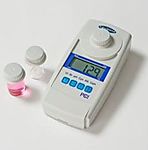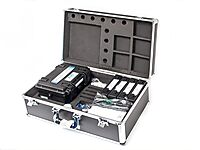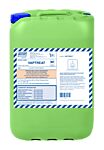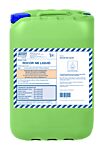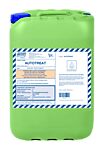


Last updated: 16/01/2025 02:01:12
POTABLE WATER STAB 25 KG
Product Code
- Product group:
- 648
- Product number:
- 624916
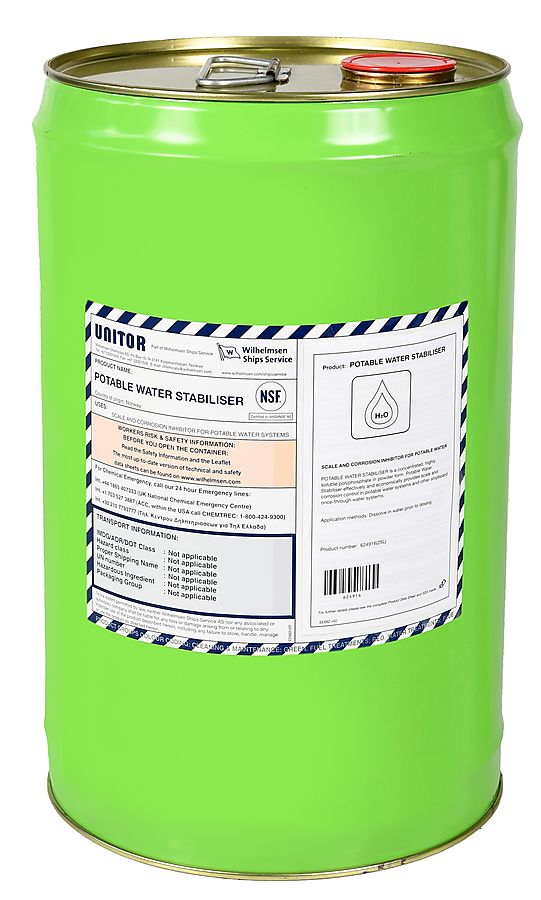
NALFLEET™ Potable Water Stabiliser™ is a concentrated, highly soluble polyphosphate in powder form.

Product information
Features
- Prevents "Red Water" in potable water systems
- Provides scale and corrosion control in hot water heaters, coolers and water tanks
- Controls corrosion in pipelines and other equipment handling softened or evaporated water
- Effective at temperatures up to 60°C (140°F)
- No restrictions on use of the treated water as feed water to boilers or engine cooling systems
Benefits
- Increases system life and reduces maintenance costs
Specification
General
| Invent Hazard Material (IMO/EU) classification | C-9 |
|---|
Physical properties
| Appearance | White |
|---|---|
| Form | Powder |
| pH | 7 in 10% solution |
Approvals
- Certified by NSF to NSF/ANSI/CAN Standard 60 - Drinking Water Treatment Chemicals - Health Effects. Maximum use level according to NSF approval: 9 mg/lit.
- Approved by The Norwegian Food Safety Authority
Safety Data Sheet (SDS)
Documents
Directions for use
NALFLEET™ Potable Water Stabiliser effectively and economically provides scale and corrosion control in potable water systems and other shipboard once-through water systems.
Dosage varies between 4 -- 8mg/ltr for ordinary water treatment. For drinking water, dosage should always be kept at or below 9mg/ltr (9g/m3).
The powder product should not be dosed directly to water system. A water solution should be made prior to dosing.
Dosing method
NALFLEET™ Potable Water Stabiliser should be dosed to a suitable point in the system. If the expansion tank is used, adequate circulation must be assured.
Dosage and control
Make up a 5% solution (50g/lit) in fresh water by adding the powder slowly to the water while stirring. The solution should preferably be portioned to maintain desired dosage, either by means of a simple bypass feeder, or with Dosage System for Water Treatment.
The product can be injected into the discharge line of the fresh water generator or directly into the fresh water pumps' suction manifold. If a high percentage of shore water is used the solution must be "slug" dosed into the tanks prior to taking water.
Inject the 5% solution at a rate of 0.12 litres per m3 of water to obtain a 6 mg/ltr concentration of Potable Water Stabiliser.
Examples:
For 20 m3 per day: Dose 0.12 ltr/hour = 2.4 ltr/day of the solution.
For 100 m3 per day: Dose 0.6 ltr/hour = 12 ltr/day of the solution.
For larger systems, stronger solutions up to 20% can be made. The dosage rate may then be reduced proportionally, which will extend the time period between each filling of the dosing tank. However, production of stronger solutions may require improved stirring equipment.
